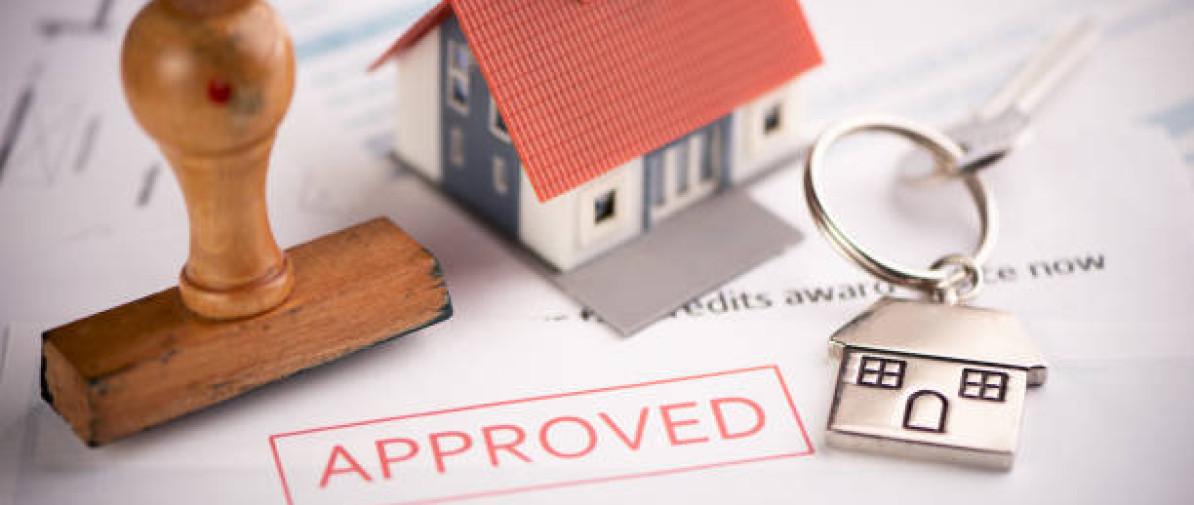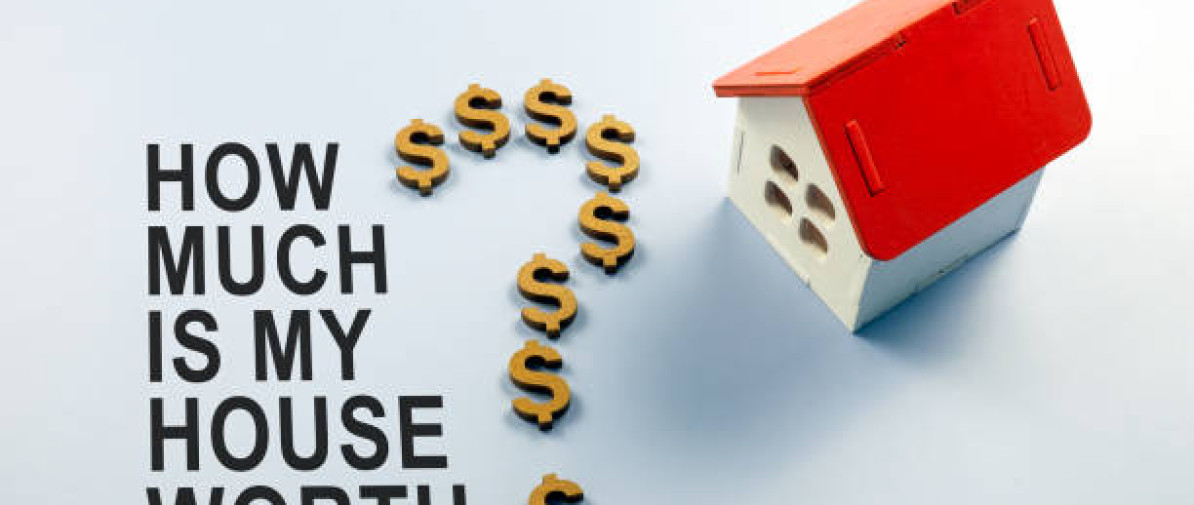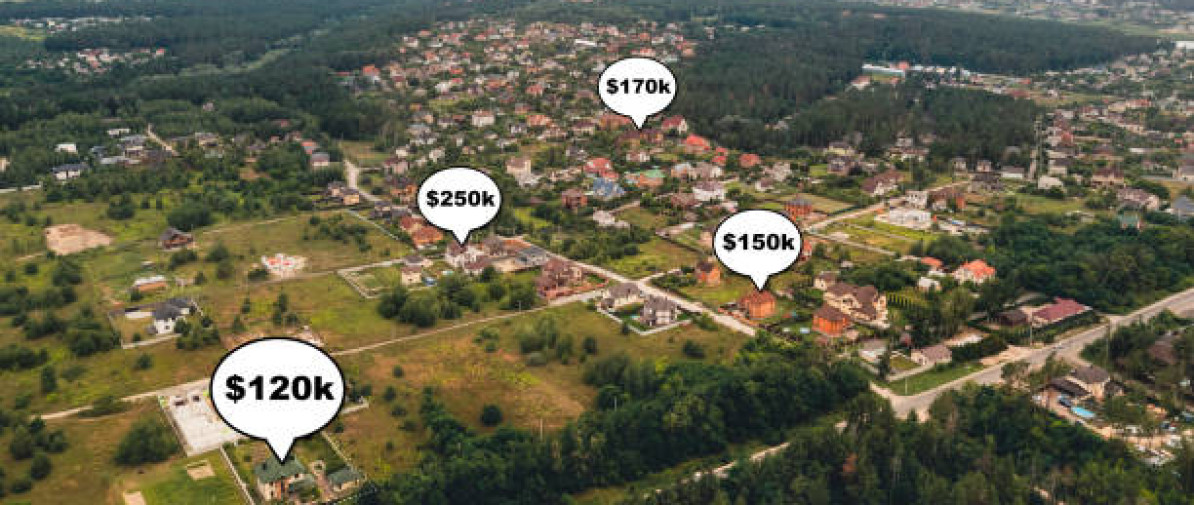What is Land Transfer Tax?

What is Land Transfer Tax?
Homes By Neeta is a premier real estate agency in Canada, known for helping clients buy, sell, and invest in residential, condo, and commercial properties. With thousands of successful transactions, Homes By Neeta offers expert guidance throughout the entire real estate process. Their team not only helps clients find the right property but also navigates complex aspects like legal obligations, closing costs, and Land Transfer Tax (LTT). Whether you are a first-time buyer, upgrading, or investing, Homes By Neeta ensures a seamless experience with professional advice and proven strategies to maximize value and minimize risks.
Explore Homes By Neeta listings to start
your home search:
Table of Contents
- Land Transfer Tax Basics
- Land
Transfer Tax Isn’t Included in Listing Prices
- How Much is
Land Transfer Tax?
- Who Pays the
Land Transfer Tax?
- When is the
Land Transfer Tax Due?
- Land
Transfer Tax Rates by Province
- How to
Calculate Land Transfer Tax
- First-Time
Homebuyer Rebates
- Avoiding or
Reducing Land Transfer Tax
- FAQs
Land Transfer Tax Basics
A Land Transfer Tax (LTT) is a tax
imposed by the government whenever property ownership changes hands. This tax
is typically paid by the buyer and is calculated as a percentage of the
purchase price. The purpose of LTT is to generate revenue for public services
such as healthcare, education, and infrastructure. In some cases, LTT revenue
may also support specific initiatives, such as affordable housing programs or
environmental projects. In Canada, both provincial/territorial governments and
some municipalities levy LTT, with the rates and rules varying depending on the
location.
Land Transfer Tax Isn’t
Included in Listing Prices
Property listing prices do not include
LTT, which can sometimes catch buyers off guard. Because LTT is a separate
government-imposed tax, it must be accounted for in your overall budget when
purchasing a home. The amount of LTT is based on the property’s purchase price
and may vary depending on municipal or provincial rules. High-value properties
can incur a substantial LTT, which is why it’s crucial for buyers to plan
accordingly before closing the deal. Homes By Neeta ensures their clients are
fully aware of these costs and prepares them for a smooth transaction.
How Much is Land Transfer
Tax?
Land Transfer Tax rates in Canada vary by
province and territory, typically ranging from 0.5% to 5% of the property’s
purchase price. In some provinces, properties over a certain value may incur
higher rates, and certain municipalities, such as Toronto, impose additional
LTT. LTT is tiered, meaning different portions of the property’s purchase price
are taxed at different rates. The exact amount depends on the property’s
location and its purchase price. Homes By Neeta guides clients in calculating these
costs accurately to avoid surprises at closing.
Who Pays the Land Transfer
Tax?
In most cases, the buyer is responsible
for paying the LTT at the time of ownership transfer. Occasionally, a seller
may agree to cover part of the tax as part of the negotiation, but this is
rare. Buyers must factor LTT into their total purchasing costs, especially in
high-priced areas. Homes By Neeta advises clients on negotiating strategies and
budgeting so that buyers fully understand their financial obligations before
committing to a purchase.
When is the Land Transfer Tax
Due?
The Land Transfer Tax is typically due at
closing, along with other costs such as legal fees, registration, and title
insurance. Lawyers or real estate agents usually collect the LTT and remit it
to the appropriate government authorities. Paying the tax on time ensures that
the legal title of the property is successfully transferred to the buyer and
prevents penalties, liens, or legal complications. Homes By Neeta coordinates
closely with clients and legal professionals to ensure all payments are
accurate and timely.
Land Transfer Tax Rates by
Province
LTT rates differ widely across Canada.
Provinces like Alberta and Saskatchewan do not impose LTT but have other fees
such as land title or mortgage registration fees. In contrast, Ontario, British
Columbia, and municipalities like Toronto use tiered tax rates that increase
with property value. For example, Ontario’s LTT rate starts at 0.5% for the
first portion of the property price and can go up to 2% or more for
higher-priced homes. Toronto adds a municipal LTT on top of the provincial LTT.
Homes By Neeta provides clients with up-to-date LTT rates for their specific
location, ensuring accurate budgeting.
How to Calculate Land
Transfer Tax
Calculating LTT requires breaking the
property’s purchase price into applicable tax brackets for the location,
applying the respective rates, and summing the results. Online LTT calculators
are useful, especially for properties in provinces or cities with multiple
tiers or additional municipal taxes. For example, a property in Ontario worth
$600,000 would have different portions taxed at 0.5%, 1%, 1.5%, and so on.
Homes By Neeta helps clients navigate these calculations to ensure no
miscalculations at closing.
First-Time Homebuyer Rebates
First-time homebuyers may qualify for
partial or full LTT rebates depending on the province. Some provinces also
offer exemptions for transferring property between family members, such as
spouses or children. Homes By Neeta helps clients understand their eligibility
for rebates and ensures that first-time buyers receive all potential savings
while complying with provincial regulations.
Avoiding or Reducing Land
Transfer Tax
While most homebuyers must pay LTT, certain strategies can reduce or eliminate the cost. For example, some provinces provide exemptions for family transfers or specific types of properties. Buying in regions without LTT, like Alberta or Saskatchewan, can also reduce taxes. Homes By Neeta works with clients to explore legal options for minimizing LTT while ensuring compliance with all regulations.
Related Blogs
o Pre-Construction Homes in Ottawa –
2025 Guide
o Pre-Construction Homes in Ottawa –
Find Your Future Home
o Condos for Sale in Burlington,
Ontario
o Condos for Rent in Burlington
o First-Time Home Buyer in Ontario GTA
2025
o Best Real Estate Agents in Toronto
o Best Neighborhoods to Buy a Home in
Toronto
Frequently Asked Questions
1.
What is Land Transfer Tax?
A tax paid when
ownership of a property transfers, usually by the buyer.
2.
Who pays LTT?
Typically, the
buyer, though sellers may occasionally cover part.
3.
Is LTT included in listing prices?
No, it is
separate and must be budgeted for.
4.
When is LTT due?
At closing,
along with legal and registration fees.
5.
Can first-time buyers get a rebate?
Yes, depending
on the province, rebates or exemptions are possible.
6.
Do all provinces charge LTT?
No, Alberta and
Saskatchewan do not, while Ontario, BC, and some cities do.
7.
How is LTT calculated?
Using tiered
tax brackets based on the property price.
8.
Can I reduce LTT legally?
Yes, via
rebates, exemptions, or buying in LTT-free regions.
9.
What happens if LTT is not paid?
Penalties,
interest, liens, or legal action may result.
10.
How can a real estate agent help?
They guide
through calculations, exemptions, and ensure correct payment at closing.
Contact me
Recent Posts
Building vs. Buying a Home
Can I Use Life Insurance for a Down Payment?
What is Land Transfer Tax?
How Much Is My House Worth?
10-Step Guide to Selling Your Home
Rent vs Buy in Canada 2025









